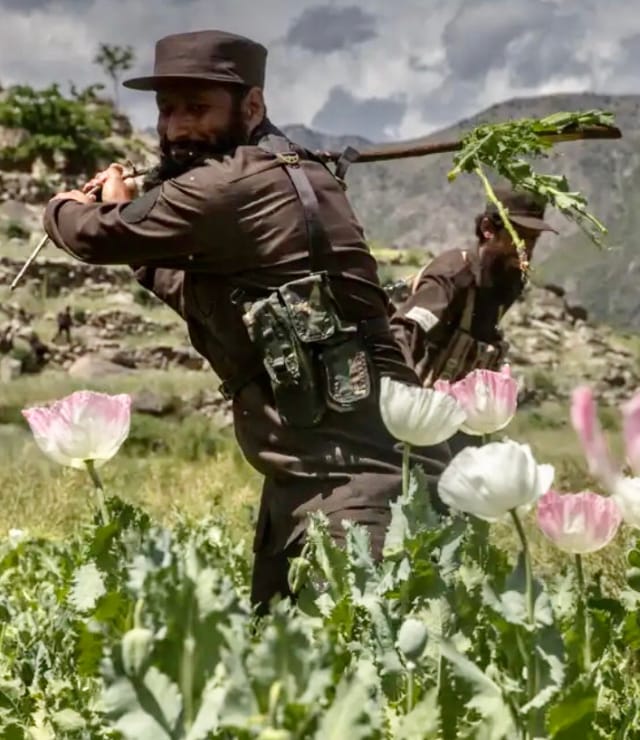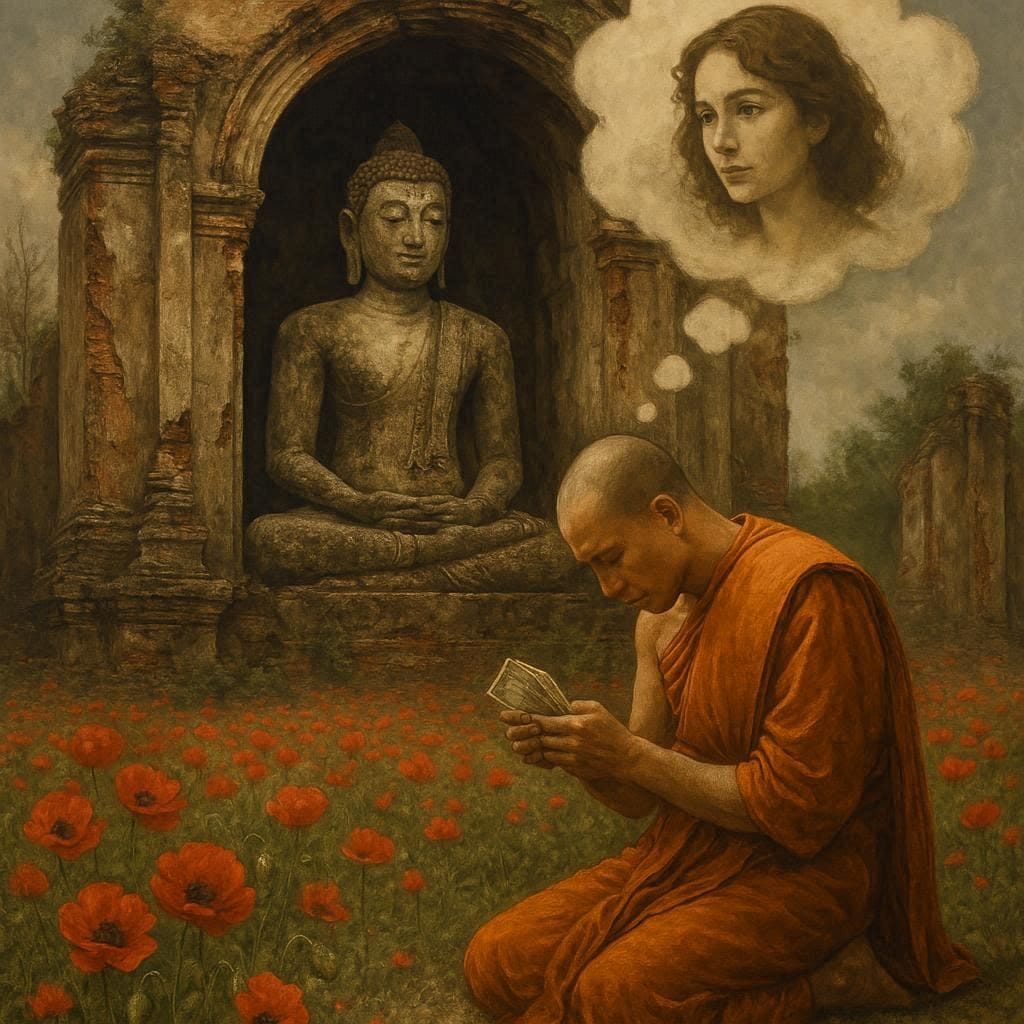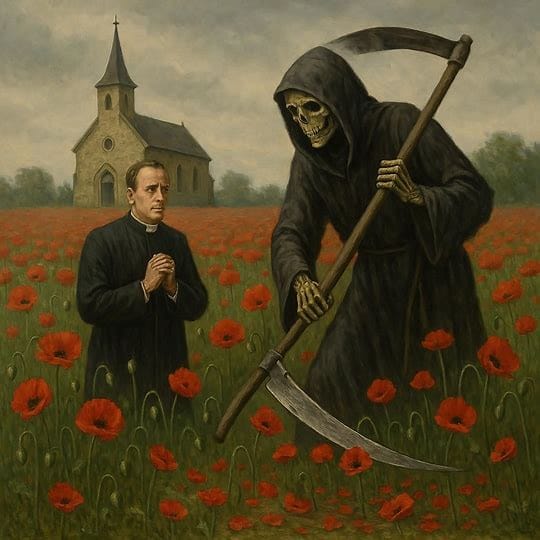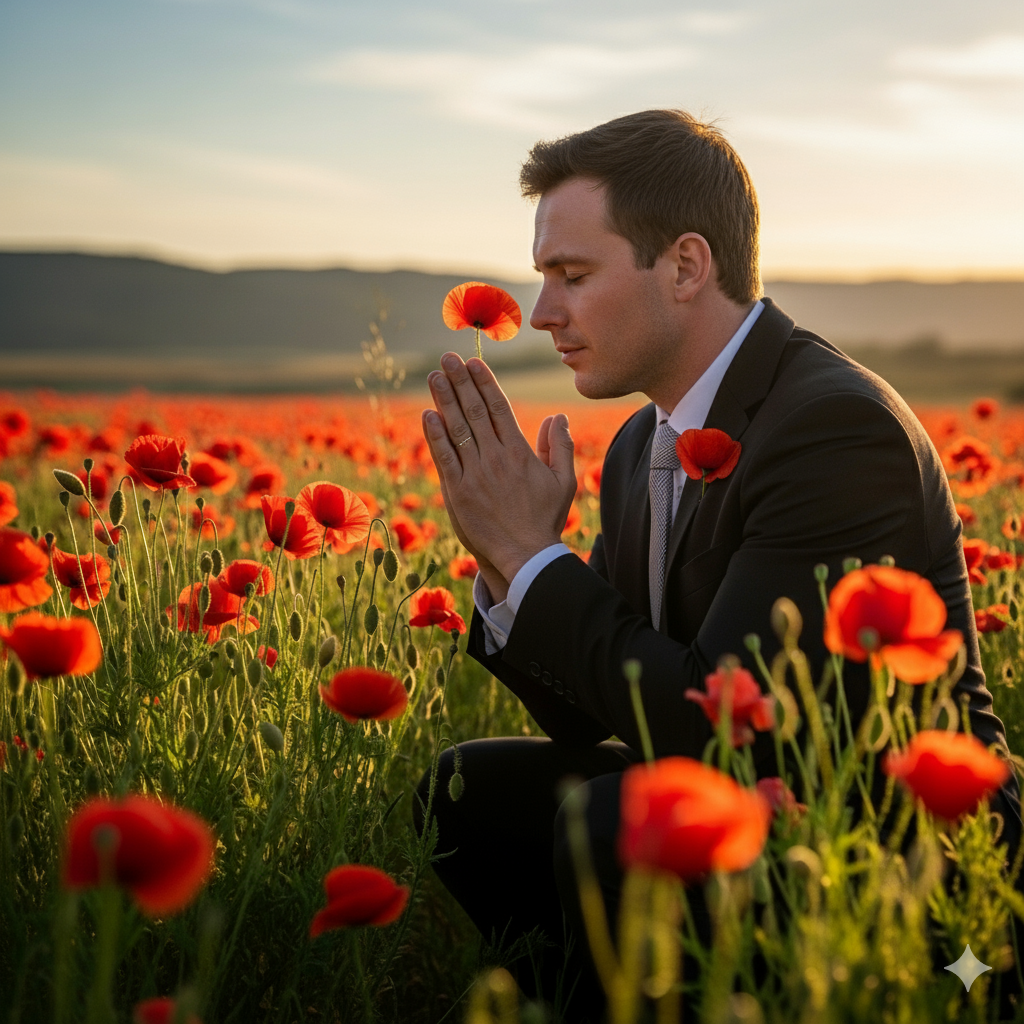Hamdan Ballal, Fear, and the Tall Poppy Syndrome.

Yea, though I walk through the valley of the shadow of death, I will fear no evil: for thou art with me; thy rod and thy staff they comfort me. Psalm 23:4.
The Seven Deadly Sins (SDS) are often found in the cutter or cuttee in TPS ( see Anatomy of the TALL POPPY SYNDROME). Four other emotions are encountered but less common: fear (see Culture (Climate) of Fear as Cutter in the Tall Poppy Syndrome); self-righteousness (see Self-Righteousness and Hypocrisy as Cutters in the Tall Poppy Syndrome); jealousy (see Jealousy, a Love Triangle, & The Tall Poppy Syndrome); and hate (see Anti-Semitism (& Government) as Cutter(s) in the Tall Poppy Syndrome -The Albert Dreyfus Affair).
No Other Land chronicles the destruction and forced displacement of the Palestinian community in Masafer Yatta, a cluster of villages in the southern West Bank. The documentary, filmed between 2019 and 2023, provides a ground-level perspective on the Israeli military's demolition of Palestinian homes and the transformation of the area into a military training zone.
The title comes from a resident's lament: "We have no other land," underscoring the existential threat faced by these families who have lived in Masafer Yatta for generations.
The film centers on Basel Adra, a young Palestinian activist who has been documenting the gradual erasure of his homeland since childhood. Adra's footage captures the relentless cycle of demolitions, evictions, and the community's repeated attempts to rebuild, despite the constant threat of violence and expulsion. The narrative shows the emotional toll on families, including scenes of children weeping, women pleading, and residents salvaging what little remains after bulldozers raze their homes.
A key element is the unlikely friendship between Basel and Yuval Abraham, a Jewish Israeli journalist. Their collaboration, along with co-directors Hamdan Ballal, a Palestinian filmmaker, and Rachel Szor, an Israeli filmmaker, brings a dual perspective to the story. The stark contrast between Basel's life under occupation and Yuval's relative freedom highlights the human cost of the conflict and the complexities of cross-cultural solidarity.
The documentary does not attempt to present opposing viewpoints; instead, it serves as a form of advocacy against the policy of forced expulsion and ethnic cleansing. Despite these accolades, No Other Land faced distribution challenges, particularly in the United States, reflecting the contentious nature of its subject.
No Other Land won the Academy Award for Best Documentary Feature at the 97th Oscars, which took place on March 2, 2025. The film's four co-directors, Basel Adra, Rachel Szor, Hamdan Ballal, and Yuval Abraham, received Oscars. They used the Oscars to draw global attention to the plight of Palestinians, emphasizing the importance of bearing witness and telling their own stories.
No Other Land is a testament to the lived experiences of Palestinians in the West Bank, the enduring impact of occupation, and the possibility of solidarity across divides. It is both a record of suffering and a declaration of hope for a future where justice and equality might prevail.
Hamdan Ballal was born and raised in the West Bank, where he has lived his entire life amid ongoing conflict and occupation. He has described living in a state of constant fear and tension due to frequent violence and harassment from Israeli settlers and military forces. His experiences growing up in this environment profoundly shaped his perspective and fueled his commitment to documenting the realities faced by his community.
Ballal gained international acclaim as one of the co-directors of No Other Land.
A few weeks after receiving the Oscar, a group of Israeli settlers attacked Ballal in front of his family at his home near the village of Susiya after they broke their Ramadan fast.
Following the attack, Israeli soldiers detained Ballal, handcuffed and blindfolded him, and held him overnight at a military base, where soldiers beat him as well. The Israeli military suspected he was stone-throwing during confrontations, a charge strongly disputed by eyewitnesses and activists.
His release the following day occurred after significant international outcry from the film community, human rights organizations, and public figures. The incident underscores the continuing violence in the West Bank and the risks (TPS) faced by Palestinians who speak out or gain international attention.
In TPS, fear cuts both ways. It can prevent someone from becoming a TP by underachieving or cutting themselves down rather than being cut down for their potential prominence. A TP might fear an opponent who poses threats to their being or stature and cut the opponent down.
Ballal's TP virtues of courage, fortitude, and justice overruled his early fears, and he became a TP, or perhaps a Root Poppy – a plant part that grows underground, similar to beets and tubers, such as potatoes.
Now Ballal is a public TP, and anonymity no longer shields him from the opposition. His new threats and fears are complex to navigate, setting him up as a budding victim of TPS.
Tall Poppy Syndrome Newsletter
Join the newsletter to receive the latest updates in your inbox.



